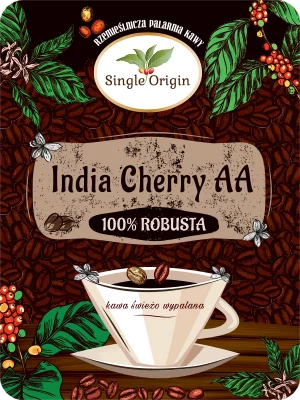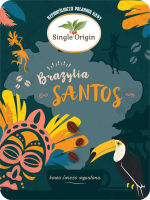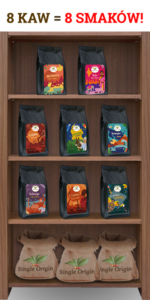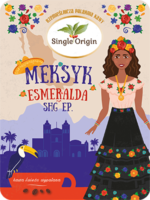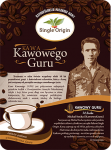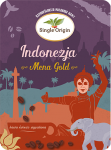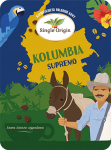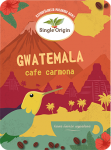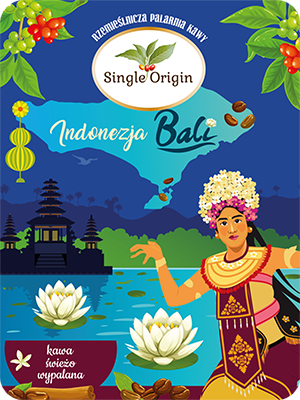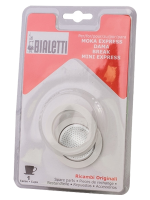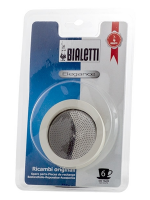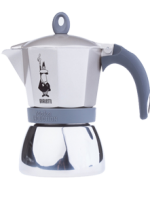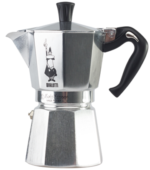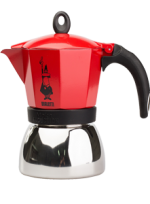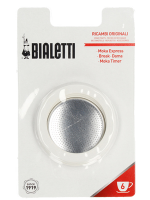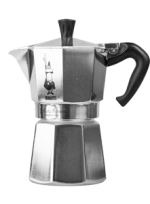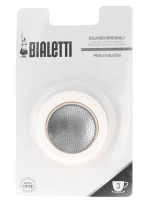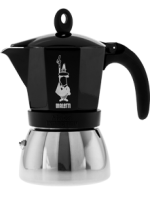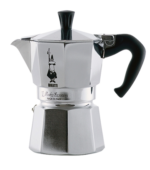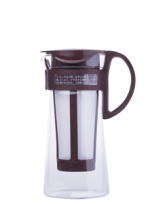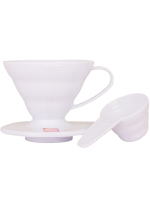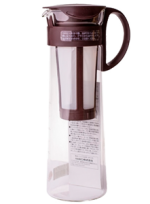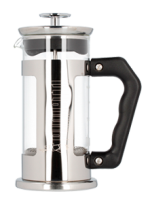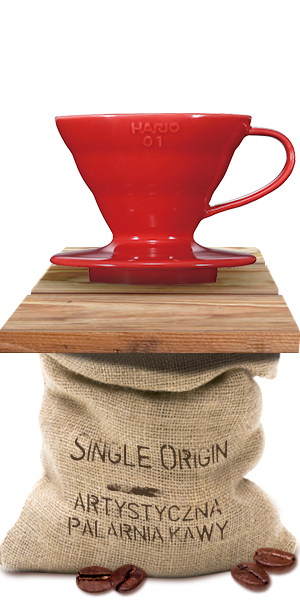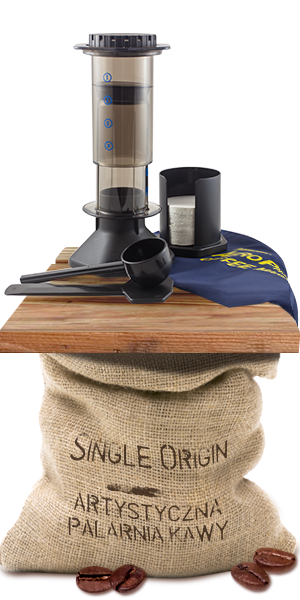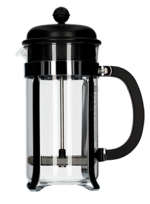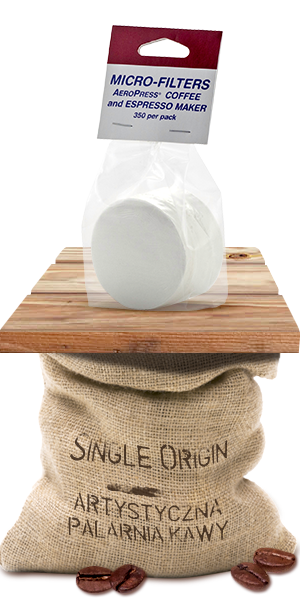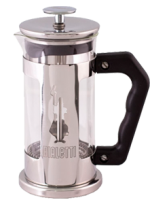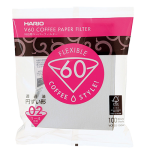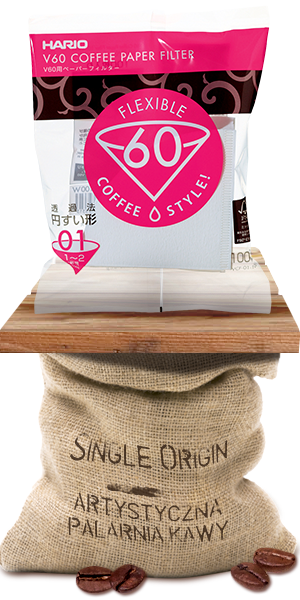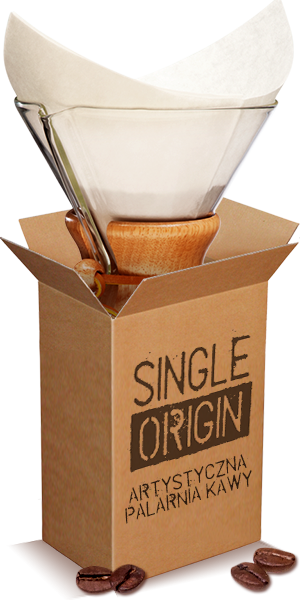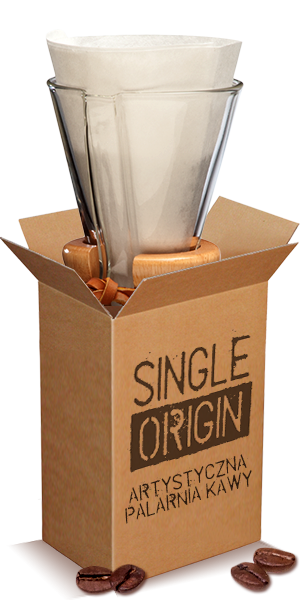| STRENGTH: |
|
|---|---|
| ACIDITY: |
|
| INTENSITY: |
|
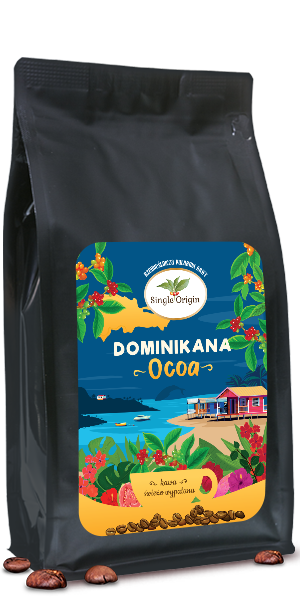
Dominicana Ocoa
Price range: 4.86 € through 34.86 € excl. VAT
Sensational Arabica from the Dominican Republic – coffee without noticeable acidity, with sweet notes of nut, chocolate and caramel.
The Dominican Republic is not widely known for its coffees, which is a pity because they have been cultivated there for almost 300 years and with very good results. Arabica bushes were brought to the Dominican Republic around 1720 by Gabriel de Clieu, the French governor of Guadeloupe, known for introducing coffee cultivation in many French colonies in that region of the world. Less than 100 years later, coffee already generated 1/3 of the Dominican Republic’s trade turnover and is still an important agricultural product today, although most of the production is now intended for internal consumption.
Coffee is grown on the slopes of the mountain range that runs through the center of the Dominican Republic. The government has played a huge role in developing the country’s coffee economy, establishing seven major growing regions and working to promote the individual coffee profiles of these distinct microclimates, which range in altitude from 600 to 1,450 meters above sea level. This variety of growing conditions, along with year-round rainfall, means that coffee is grown almost year-round. The farms are usually small, many of them are organic (though not necessarily officially certified), and the coffee is grown in the shade of the local pine, guava and macadamia nut trees.
Today, coffee is not only an important part of the Dominican Republic’s economy, but also a key part of its culture. It is the nation’s favorite soft drink and is usually served in a small espresso-sized cup.
The Arabica we offer comes from the Ocoa region, considered one of the best places for growing coffee in the Dominican Republic. It is characterized by virtually imperceptible acidity and sweet notes of nut, chocolate and caramel. By default, we roast it strongly, which makes it perfect for espresso and espresso-based coffees, but the profile of these beans also makes them perfect for pour-over methods.

